Early-career vfx artist Monika Batchelor on making the move from Australia to Hollywood.

I’m really lucky to get to interview lots of experienced VFX supervisors and film professionals, but I sometimes don’t always get the opportunity to speak to artists who are just starting out.
What’s that experience like for them? What roles do they tend to do early on? How do they feel about VFX once in it, compared to what they thought it was going to be?
I put some of those questions to Monika Batchelor, who moved to Los Angeles after studying in Melbourne and a training stint at Rising Sun Pictures in Adelaide. In LA she’s worked at Hulu, Lola VFX, Luma Pictures, MPC and now Pixomondo – all within the space of two years. Here’s her thoughts on that experience so far.
b&a: When you made the move to LA, what was that like for you? How did go about applying for jobs, and what were the good/bad parts of finding yourself in such a large city?
Monika Batchelor: I was fortunate enough to win the green card lottery, which meant I moved to my dream city a lot sooner than I had originally planned. But that also meant I moved to LA with no experience and found the first year in LA hard and a huge adjustment from Australia. Luckily, I worked at the Apple Store in Sydney so I was able to transfer to an LA store and I just studied and practiced as much as I could. I kept myself very determined and involved in the industry and I had a mentor who reviewed my reels whom I had met at Gnomon Live, but it wasn’t until I did a Compositing course at Gnomon School of VFX, that my teacher recommended me to my first job, which I started 4 days later.
So being in the right place is so important, the longest notice I have had is 2 weeks, the shortest was 3 days. LA is a big city, but it can be quite lonely and hard to get around without a car, but I love the film and creative vibe. There are constantly events to go learn at and meet people, where in Australia there’s only a few a year.
b&a: It feels like you’ve been able to do quite a few different kinds of roles (comp, roto, previs, postvis etc) – what kind of skills have you been able to transfer between gigs? Has that been tricky/easy to adjust to?
Monika Batchelor: My first job at Hulu I worked client-side doing edit temps, which is quick comps for client reviews. That was a huge adjustment as it was just me so I had to work out a pipeline in Nuke for edit temps and then again for roto paint when I started to do that later in my contract. But I liked seeing that side of production as it put into perspective what shots went through before going to a VFX studio.
For Lola VFX I mostly did roto and dot removal, which I felt comfortable with before starting, it was just working on my speed. I was the first junior Nuke artist, so I worked with the pipeline team to automate the scripts of separate tasks for new hires, so it helped that I had done that before.
At Luma Pictures I moved to clean plates and roto, so I feel those two jobs were pretty much the same skill-wise, just paint shots were more advanced at Luma.
As for MPC it was a whole new set of skills for postvis as I was jumping between 2D and 3D, layout in Maya and compositing in After Effects. Postvis is the first pass of VFX so directors/producers can see how it’d work in the edit, which I had done at Hulu, except now I was doing 3D too. Postvis is about quantity rather than quality and I liked that speed and being a part of the idea stage and getting to look develop sequences.
I am now compositing at Pixomondo and I got to lookdev my sequence there too, so I like that creative side of compositing.
b&a: Expectations vs. reality – going into the VFX industry, has it been what you thought it would be like? How is it the same/different?
Monika Batchelor: Truthfully, it took me a long time to get into VFX and I was pretty obsessed with this industry and was always learning and meeting inspiring artists, so my expectations were pretty high. So no, the reality was nothing like what I had imagined, even with my training at Rising Sun Pictures.
I only say this because I want other juniors to be aware that it’s tough out there as a junior and you need to find your own fulfilment in your work and not expect your job to give you everything you want. If you can except that earlier on, the happier you’ll be.
But, that being said, I am now grateful that I was unsatisfied in my first year as it made me work on personal projects, including non-VFX things like writing and filmmaking, and reminded me to keep learning everything that excited me. I feel some people can become stagnant and stop growing when there is so much to learn and do in this industry. One important thing I learned was to find my voice and speak up for things I want and not expect others to notice me only by working hard.
I suggest to attend as many events/conferences as you can, I find them so inspiring and they remind me why I joined this industry. Plus you learn so much and meet amazing people, it’s truly an incredible atmosphere. I’ve also found focusing on my physical and mental health has made a world of difference.
b&a: Continued learning/education – do you see this as something you can do just on the job, or have you done other courses/training outside of work?
Monika Batchelor: I am always learning new things in my own time, watching tutorials, listening to podcasts and audiobooks, and reading books. I don’t think there’s much room or time to learn on the job except what you need for the shot, especially in roto paint, it’s just sit down and do the work, we got deadlines.
But I did make the most of meeting the talented compositors around me and would ask them questions or open their scripts and see what they did and then practice things at home. Doing that has helped with my first compositing gig as I didn’t feel too overwhelmed with my tasks as I had done that exact thing on a recent personal project.
But I know friends in other departments learn a lot on the job, I just think compositing is a little different as there’s always a deadline and people are busy. I also like learning a little bit of every department which has now helped with the future moves I am planning for my career.
b&a: What’s your vfx job goal at the moment?
Monika Batchelor: I am currently moving more towards postvis positions as I enjoy using both my 2D and 3D skills. I am also focusing my learning on previs and virtual production. Storytelling is my soul and being a part of these earlier parts of filmmaking makes me excited, especially with all the moves in real-time rendering recently.
I was lucky with my first gig at Hulu to work alongside the director, and once he saw what I could do with the edit temps, I was a lot more involved in creative decisions. That’s just one director, so as more see what previs and postvis can do for storytelling and how it can save money in pre, production, and post, I believe the industry will grow at an extreme rate and I want to be a part of that movement.
This week at befores & afters is #myvfxjob week, looking at a range of different VFX jobs that are out there.

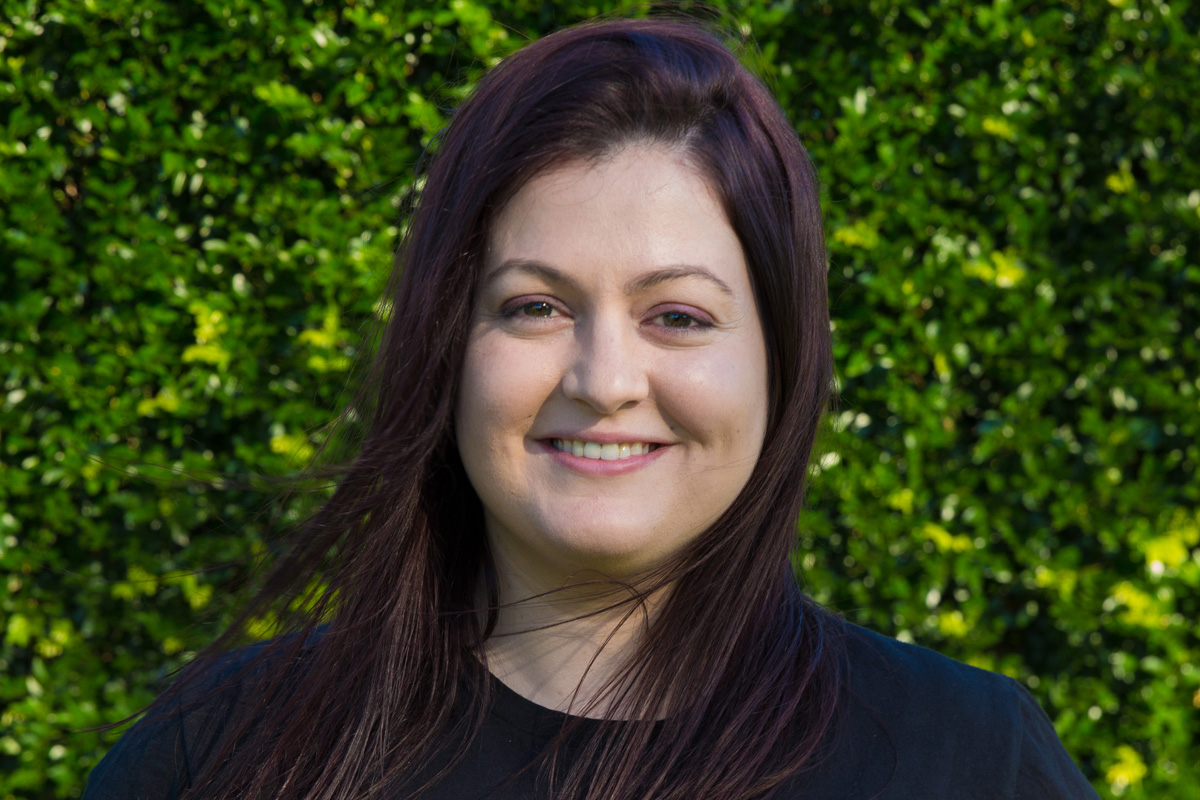
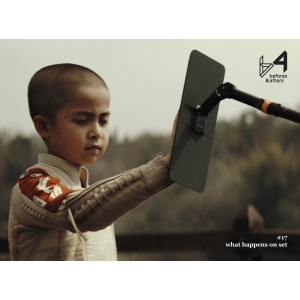












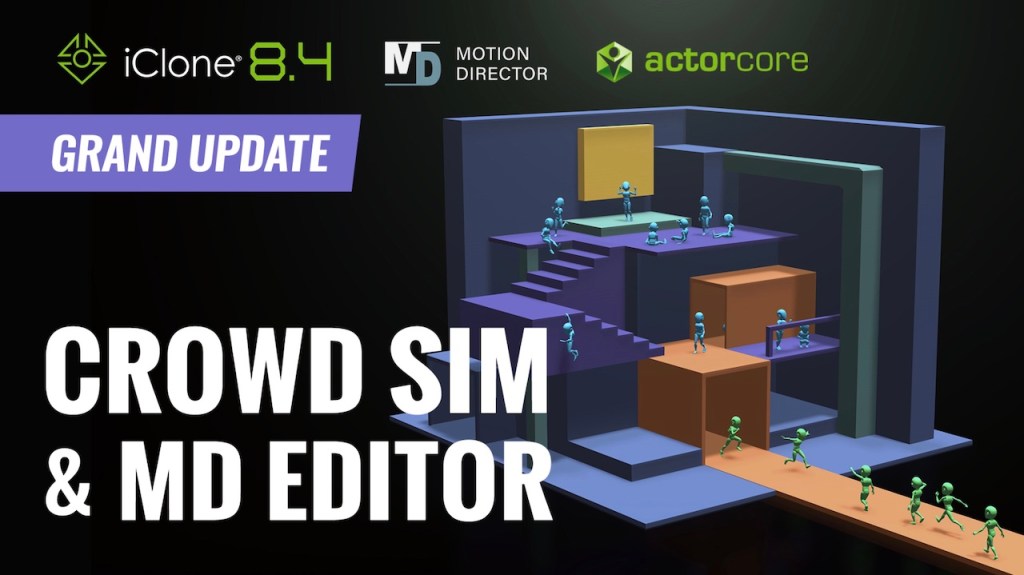
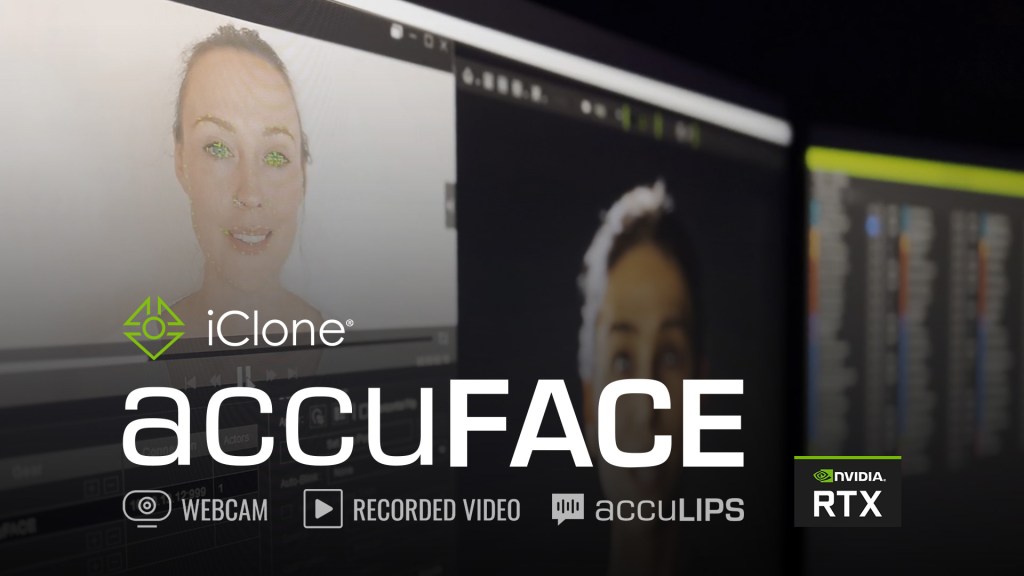

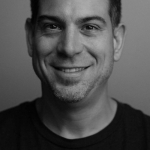
Yay Monika! Well done.. 🙂
Thank you Alex!! 🙂